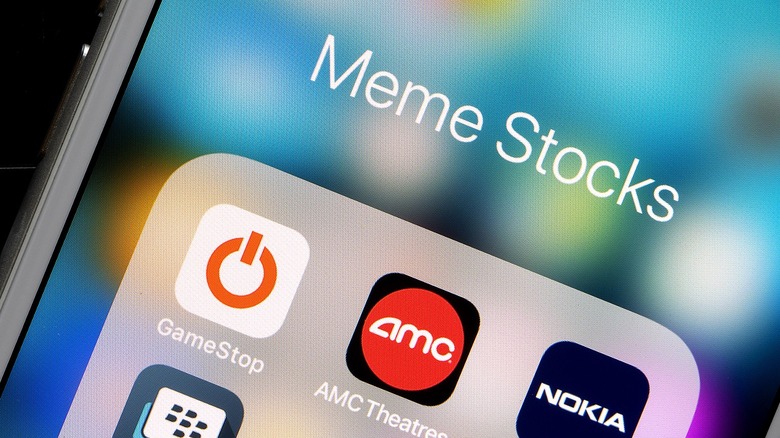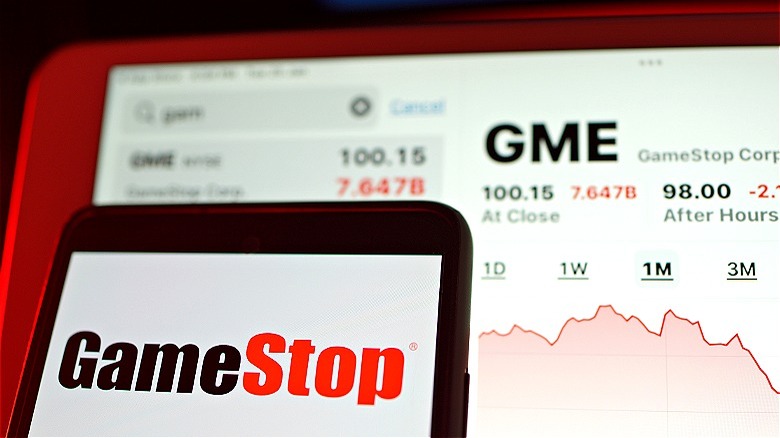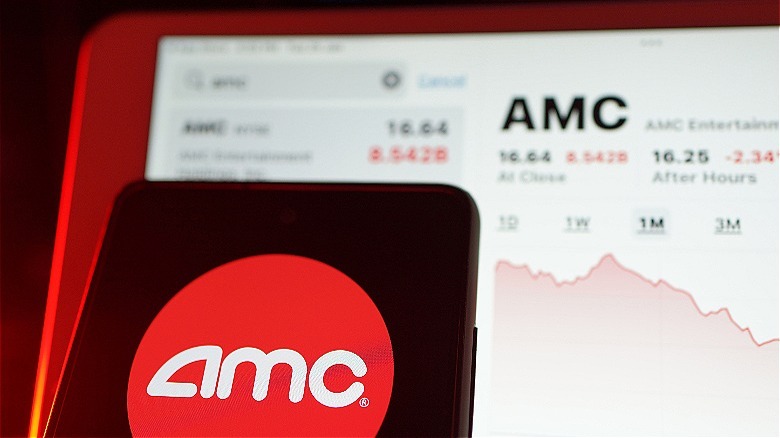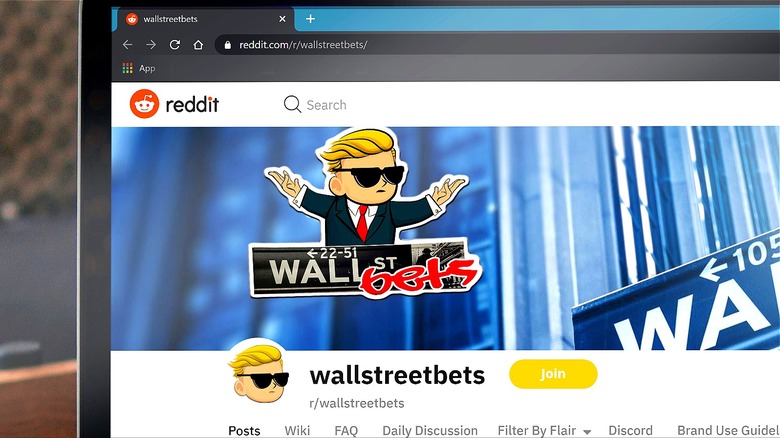What Are Meme Stocks, And How Long Do They Last?
Meme stocks are publicly traded companies that have seen their share prices (rise) influenced by an online following of independent investors. Some also view themselves as activist investors exposing a system rigged in Wall Street's favor. These investors seek out communities of like-minded people, usually through online forums like Reddit or X (formerly called Twitter), and together create a sort of investor subculture with its own slang and strategies. A 2020 invention of the internet, meme culture played a huge part in the popularity of these "meme" stocks, often employing humorous meme posts to tell the story of the company and the stock.
As an investor, meme stocks require deep analysis with a focus on fundamentals versus hype. In the past, these stocks have been known to crash and burn after a period of excited buying, taking smaller hedge funds, and a few unlucky retail investors who were late to the party and climbed aboard just as the money train was derailing, with them. The general public has easy access to bad decisions made easier by investment apps for novice investors that don't require a broker's experience to manage. Yet, apps like Robinhood have suspended trading in the past when these stocks have exploded, and in the worst cases, billions of investment dollars have been lost. So why are meme stocks back in the news again, and should you invest in them? Before you make any trades, here's what you need to know.
GameStop Corp, the first meme stock in 2020
Whether a share price is aligned with fundamentals or not, enough people buying up shares of any company will cause the price to climb. A company with a high valuation and nothing real behind it can crash as quickly as it rises. GameStop Corp. (NYSE: GME), the first of the meme stocks, is a perfect example.
Conversations on the Reddit forum r/wallstreetbets and videos by YouTuber Roaring Kitty (Keith Gill), who projected a return to GameStop's $50 share price despite its $5 price at the time, helped kick the video game stock into overdrive in August 2020. By the end of 2020, GameStop rose to $20 per share, after which hedge funds began to borrow shares of the stock with plans to sell them after they crashed to make a profit. By the end of January 2021, the stock had climbed to a high of $483, causing the hedge funds to repurchase the stock at a significantly higher share price. By the time the stock cratered and set off an SEC investigation, hedge funds bled $20 billion and learned the hard way about the risks that come with stock lending.
AMC Entertainment Holdings Inc's 2021 and 2022
AMC Entertainment (NYSE: AMC) is a brick-and-mortar theater chain that was close to becoming another victim of COVID-19 closures and at-home streaming video before coming to the attention of meme stock investors. In January 2021, AMC was in danger of bankruptcy with $5 billion in debt. The company's share price reflected the disaster awaiting it, trading at $1.91 per share. After AMC secured just over a billion dollars in capital by issuing new stock, refinancing, and receiving a $100 million dollar investment, the company inched up toward a $5 share price by January 25. While that would have been enough for the company and its shareholders to breathe a collective sigh of relief, things were about to get better after the Redditors got involved.
AMC stock soared on January 27 to $20 per share and continued to climb to $72.62 by June of the same year. The month before, AMC sold 43 million shares at $10 a piece to raise $428 million. In June 2021, Mudrick Capital Management bought 8.5 million shares to add $230.5 million to AMC's coffers. However, insiders selling stock, including CEO Adam Aron, became a sore point for retail investors who wanted to see the stock continue to rise. Although ingratiating themselves to investors by communicating directly through YouTube and a private investor platform, a lack of investor confidence left the stock at $16 per share by January 2022.
Why meme stocks are back in the spotlight
AMC and GameStop have both made it back into the news in 2024 — as meme stocks. On May 14, the infamous "Roaring Kitty" came out of his three-year self-imposed exile to release a series of film clips and, well, memes, on Reddit, YouTube, and X, announcing a return to the markets. The mere reappearance of Keith Gill's alter ego spiked GameStop's share price 150% in a week, which led to trades being halted several times due the volatility it caused. What's more, it again pummeled short sellers with bets against GameStop, as they suffered a $1 billion drubbing.
Keith Gill also shared a screenshot of his holdings in GameStop on Reddit — 5 million shares — the equivalent of $115.7 million. This gave GameStop, which started 2024 with a share price of $17.25 before slipping to $10 in April, enough of a boost that the retailer was able to sell 120 million shares between May and June to raise over $3 billion. Shares of AMC also spiked on May 14 to $11.88 a share from $6.10. The share has since dropped to below $5 (as of June 30).
As for whether or not you should buy into meme stocks, aside from the return of dubious online characters with large followings, there's very little reason for meme stocks to take up too much, if any space, in your portfolio. It may be hard to know when to sell a stock, but where meme stocks without any fundamentals are concerned, it's best to sell while you're still ahead.



